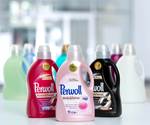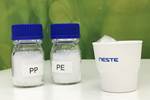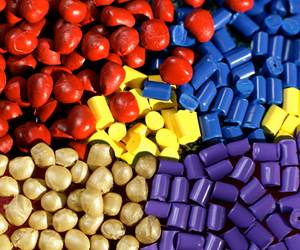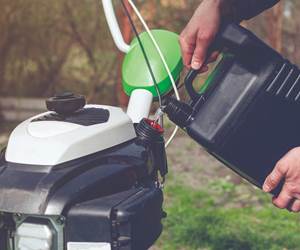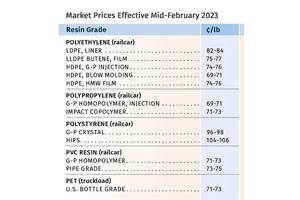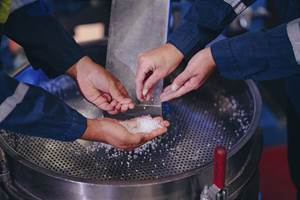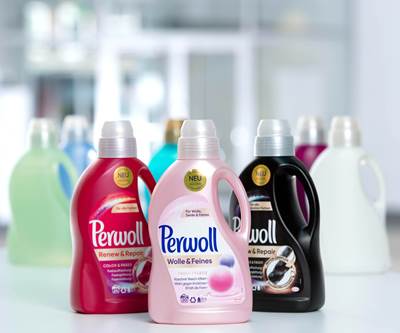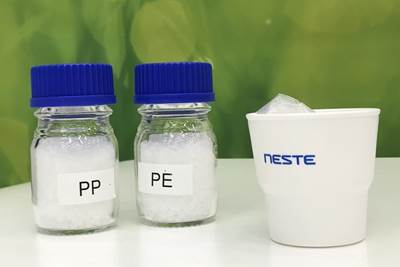Borealis is Now Producing Certified Renewable PP
Said to represent a milestone in sustainable PP, these resins are being produced at Borealis’ two production facilities in Belgium.
Borealis officials confirm that the Austrian company has been producing PP based on renewable feedstock produced by collaborator Neste of Finland, at two Borealis facilities in Kallo and Beringen, Belgium. The company considers this another milestone for furthering its “EverMinds” ambition to advance the circular economy.
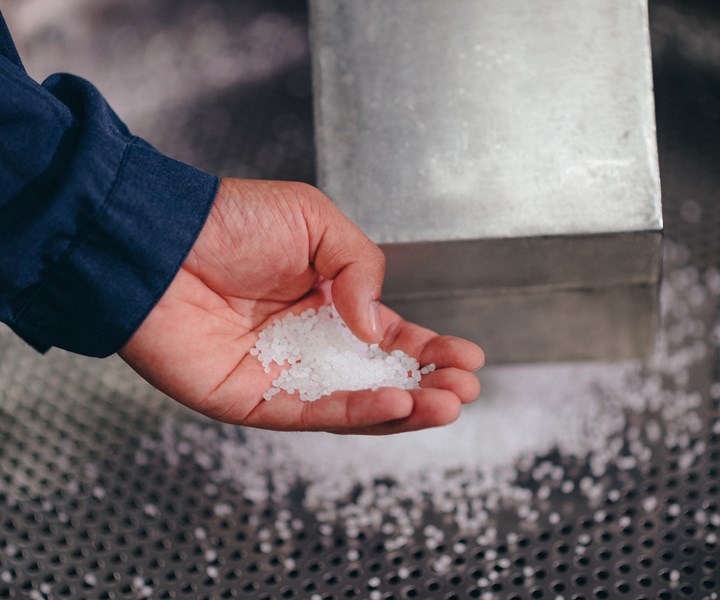
This venture in sustainable production is being driven in close collaboration with upstream and downstream value-chain partners such as Neste and Henkel. It also aligns with the Borealis’s aim to ensure that 100% of its consumer products are recyclable, reusable, or produced from renewable sources by 2025.
After producing renewable propane using its proprietary Nexbtl technology, which converts vegetable oils and animal fats, Neste sells the renewable propane to the Borealis propane dehydrogenation plant in Kallo. Here it is converted to renewable propylene, then subsequently to renewable PP at the Kallo and Beringen plants. Recently finalized audits carried out by an independent third party have resulted in an ISCC Plus certification for the renewable PP produced at both plants. This certification encompasses the entire value-chain scope and verifies that the renewable feedstock used is 100% renewable and sustainably produced, including traceability to point of origins.
The first-ever production of biobased PP at commercial scale occurred in a trial run about a year ago at a LyondellBasell plant in Germany, again using over 30% renewable hydrocarbons from Neste’s Nextbtl process.
Downstream partners from a variety of industries such as consumer packaging, automotive, healthcare, and appliance industries can now commercialize their end-use products with a lower carbon footprint based on renewable propylene and PP produced at Borealis’ Belgian plants. In response to increasing demand, Borealis is working with its partners to expand availability. Henkel, a global market leader in the adhesives sector and known for its strong brands in laundry & home care and beauty care, has already embraced the values of the circular economy. Henkel has made the use of sustainable materials a key pillar in its packaging strategy. Including renewable PP content in the packaging of a major Henkel brand over the course of the year marks another step in its efforts to reduce its use of fossil fuel-based virgin plastics by 50% by 2025.
“Producing renewable PP based on renewable feedstock is another concrete step towards a more sustainable carbon future. Working closely with partners like Neste and Henkel, who share our EverMinds mindset, is key to shaping a better tomorrow. Thinking circular means capitalizing on growth opportunities that accelerate the transformation to a circular economy, said Lucrèce Foufopoulos, Borealis executive v.p. for polyolefins, innovation and circular economy.
Noted Mercedes Alonso, Neste’s executive v.p. for renewable polymers and chemicals, “It is great to see, for the first time in history, a propane dehydrogenation facility using renewable propane to replace fossil feedstock, enabling Borealis to produce mass balance certified renewable polypropylene for sustainability-focused brands like Henkel. This is an exceptional example of collaboration across the value chain making a positive sustainability impact in the polymers sector.''
Asked if the company has plans to produce the renewable PP in North America or elsewhere, a Borealis source noted that it is too early to communicate about scale-up plans.
Related Content
Fundamentals of Polyethylene – Part 6: PE Performance
Don’t assume you know everything there is to know about PE because it’s been around so long. Here is yet another example of how the performance of PE is influenced by molecular weight and density.
Read MorePolyethylene Fundamentals – Part 4: Failed HDPE Case Study
Injection molders of small fuel tanks learned the hard way that a very small difference in density — 0.6% — could make a large difference in PE stress-crack resistance.
Read MoreFirst Quarter Looks Mostly Flat for Resin Prices
Temporary upward blips don't indicate any sustained movement in the near term.
Read MorePrices of PE, PP, PS, PVC Drop
Generally, a bottoming-out appears to be the projected pricing trajectory.
Read MoreRead Next
Henkel Launches Recyclable Black Detergent Bottles
Recycle-friendly black HDPE bottles are included in Henkel’s laundry detergent line with 25% PCR.
Read MoreLyondellBasell Produces Family of Bio-Based Polyolefins
LBI’s collaboration with Neste marks the first time bio-based PP and bio-based LPDE were produced simultaneously at commercial scale.
Read More

